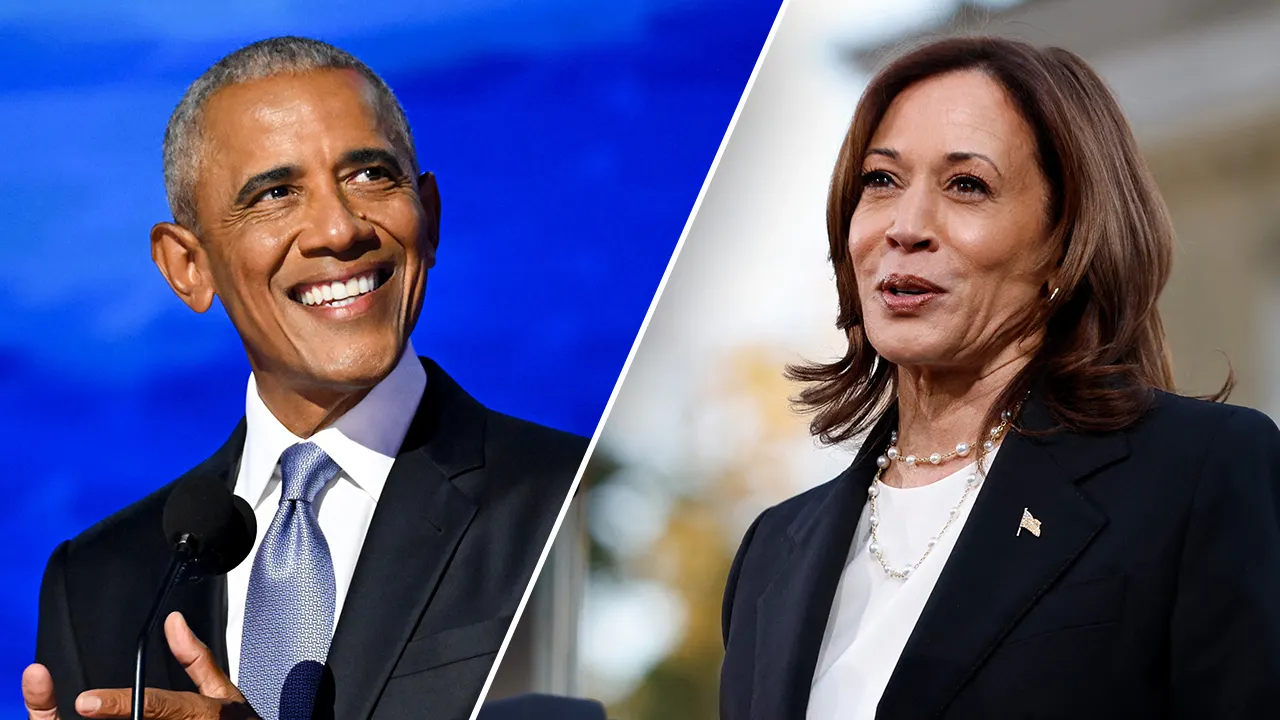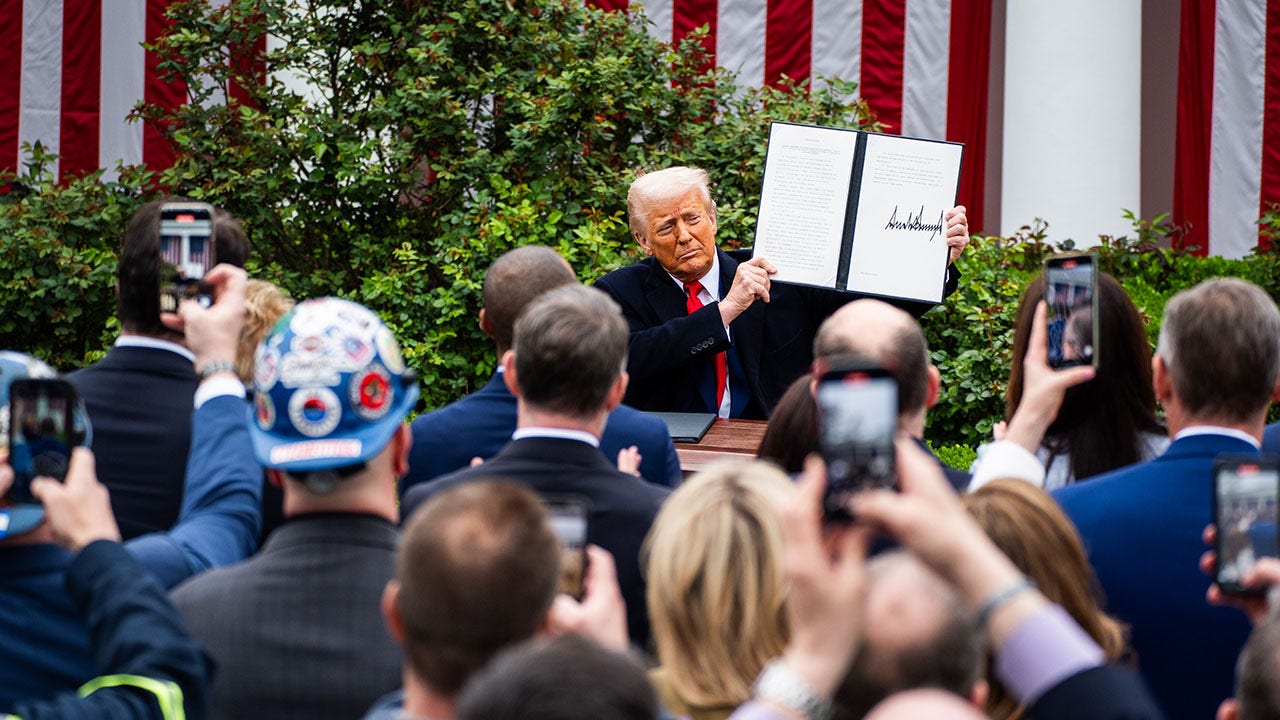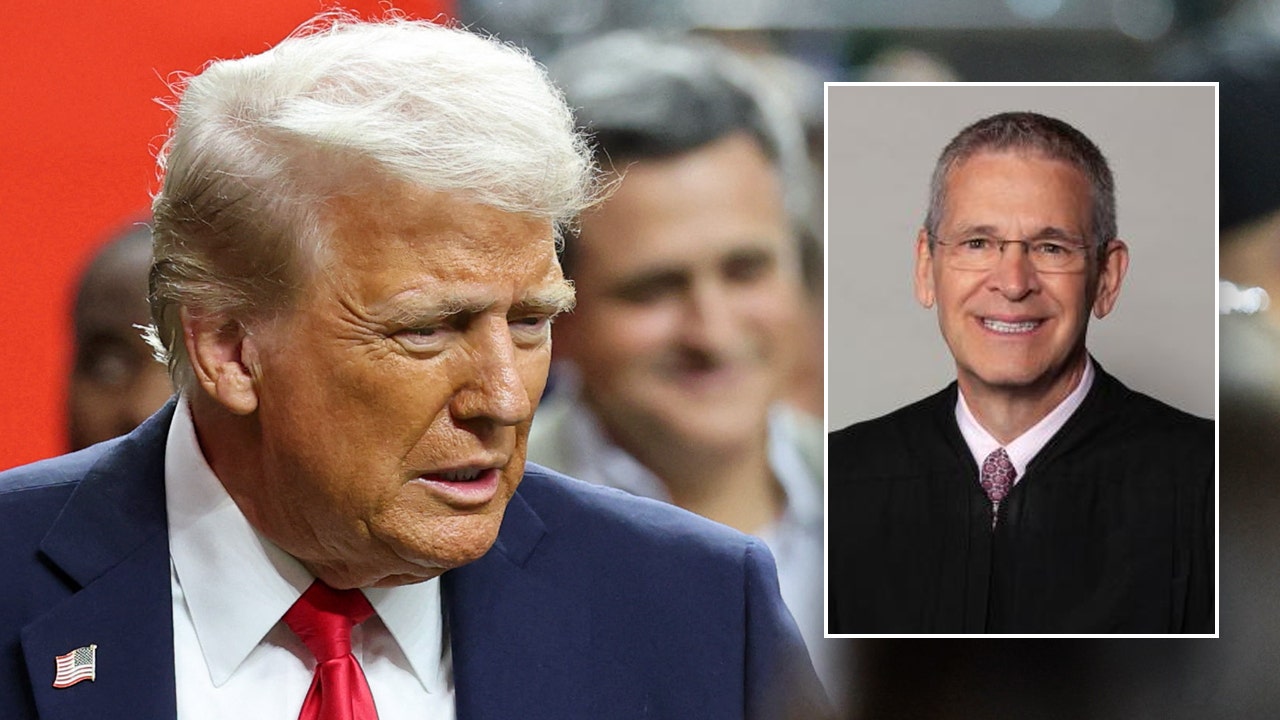Thu Apr 3, 2025 - 1:01 pm EDT
VATICAN CITY (LifeSiteNews) — New legislation from the Chinese Communist Party will take effect next month, ushering in fresh restrictions on the practice of religion in the country.
Under laws set to take effect May 1, foreigners in China will be subject to increased control on the exercise of their religion. In 38 Articles, the new laws further promote the Chinese Communist Party (CCP) goal of sinicization, namely the practice of enforcing all religions to adhere to communist beliefs and practice.
Foreigners are banned from using religion “to damage China’s national interests, social public interests, and citizens’ legitimate rights and interests, and must not violate China’s public order and customs” – a decree which seems perhaps benign until one realizes that this entails only worshipping at CCP-approved locations, and in a CCP-approved manner. (Article 5)
The CCP’s aim, as already highlighted by numerous China experts, is to promote communism through all means possible, including religion.
Certainly, any attempt to contact or worship with, for example, the Underground Church in China is now de facto banned by virtue of the new laws.
Ay foreigners seeking to establish a “temporary location” for a religious ceremony – one which is not already a CCP-approved site – must go through numerous steps of approval, including having at least “three conveners” to support an application for using a site to hold a religious ceremony. A “convener” must be a Chinese resident with no criminal record, must not be a diplomat or a person with immunity, and must not be deemed to “be hostile to China’s words and deeds.” This latter part especially would rule out any whom the CCP authorities deem not to be in line with their goals.
In sweeping moves apparently designed to enforce Chinese government control over each and every religious ceremony, the new laws outline every possibility for the celebration of a ceremony and the manner in which it must take place – replete with copious, corresponding amounts of applications and government approvals for each such event.
The laws also appear to be aimed at limiting foreign influence on Chinese nationals, stating that any religious ceremony which is led by a foreigner must only be attended by foreigners as Chinese people are forbidden:
Except for Chinese religious teaching staff who arrange or invite religious activities in accordance with the provisions of these implementation rules, collective religious activities held by foreigners in China are limited to foreigners in China.
However, the laws also invited foreigners to engage in dialogue with Chinese religious groups and bodies, in what is a thinly veiled attempt to simply promote CCP ideology on the non-Chinese. If foreigners take part in such a meeting, they must commit to adhere to Chinese laws generally, but also “respect the principle of China’s religious independence and self-employment, have no words or deeds hostile to China, and have no extreme religious ideological tendencies.”
Anything which religious foreigners teach must “not violate China’s laws, regulations and rules” nor “interfere with China’s religious affairs … [or] violate China’s public order and customs.” In essence, foreigners are allowed to speak of only those things which CCP officials approve, while in return they will be met with CCP propaganda on religious affairs.
Ever controlling, the CCP’s laws also outline requirements for printed, audiovisual, and general religious supplies used by foreigners in the country. None of these can “contain content that endangers China’s national security, harms the public interest of society, and violates the principle of independence of China’s religion.”
Foreigners seeking to bring such items into China for “self-use” are forbidden from bringing any more that 10 volumes each, in an effort to prevent any distribution of religious material through the country.
As if any leeway still remained under the all-encompassing purview of the 38 Articles, the new law also outlines a wide-ranging set of prohibitions on certain activities for foreigners when in China. Any interference with Chinese religious groups or activities is banned, as is establishing any religious groups or centers or activities.
The production and distribution of religious material of any kind is banned, along with accepting donations from Chinese people and, of course, organizing unapproved lectures.
Religious education is strictly forbidden as are all “illegal activities involving religion.”
READ: Pope Francis said Chinese Catholics will ‘suffer’ under his deal. They are
The new legislation only serves to highlight the implications of the Sino-Vatican deal, first signed between Beijing and the Holy See in 2018. The CCP’s new laws reveal that religion in China is, and will remain, always subservient to the Communist Party in charge. While officials at the Holy See may parrot lines about the deal “moving in the right direction” and bearing “fruit,” it serves to do little more than bolster the authority of the schismatic CCP church and lead Underground Catholics into increased persecution.
Hong Kong’s emeritus Cardinal Joseph Zen and China experts warn that sinicization involves having “all religious communities be led by the Party, controlled by the Party, and support the Party.”
The CCP’s new laws will do just that, building upon the already draconian legislation which exists and further controlling any exercise of religion.
Your support makes stories like this possible!
LifeSiteNews is completely donor supported, allowing us to report on what truly is happening in the world, free of charge and uncensored. A donation to LifeSite will ensure millions around the world can continue to come to our site to find the truth people are so desperately searching for on life, faith, family and freedom.

 By LifeSiteNews (Politics) | Created at 2025-04-03 17:57:35 | Updated at 2025-04-04 22:36:31
1 day ago
By LifeSiteNews (Politics) | Created at 2025-04-03 17:57:35 | Updated at 2025-04-04 22:36:31
1 day ago








